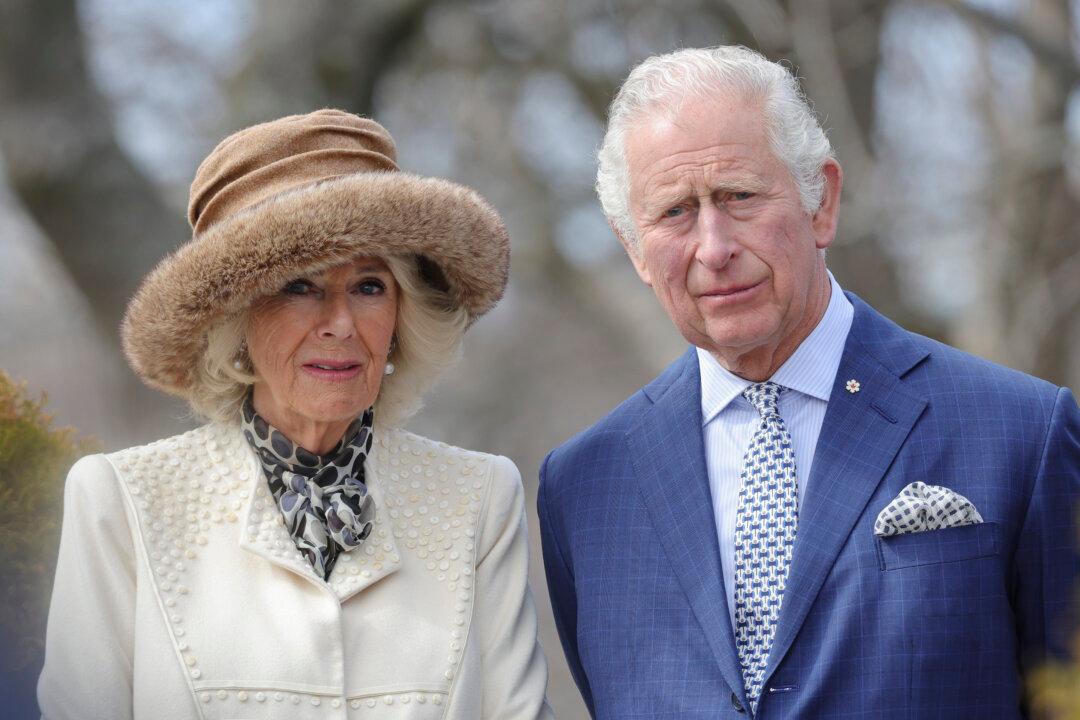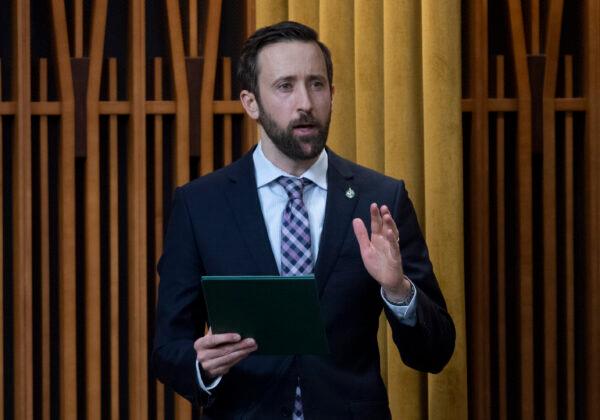Employees of School District 91 in northern B.C. have been advised to avoid referencing Mother’s Day or Father’s Day and instead use terms that are more “inclusive” of different family situations.
An April 19 email sent out by Libby Hart, the principal of W.L. McLeod Elementary School in Vanderhoof, B.C., announced that the school would no longer hold activities to celebrate Mother’s Day and Father’s Day on the grounds they “do not honour” all families or “respect kids who may be living without a parent,” according to a report in the Peninsula News Review.





